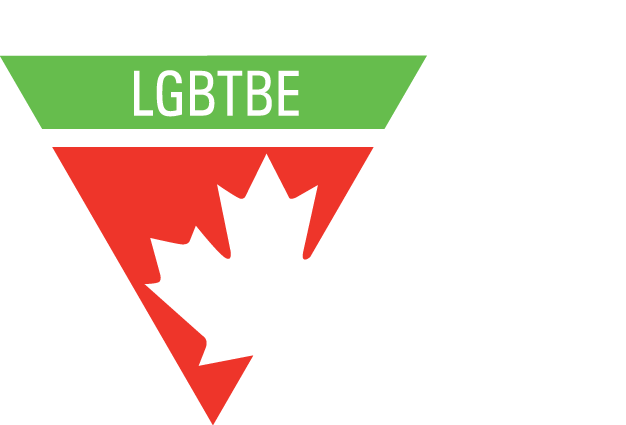In today’s climate of economic uncertainty, business leaders are rightly focused on efficiency, innovation, and protecting the bottom line. But one of the most underutilized levers for improving performance, retention, and profitability isn’t a new product line or technology—it’s dignity in the workplace.
You may have heard the term DEI (Diversity, Equity, and Inclusion) before, but let’s call it what it really is: cultivating dignity. It’s about ensuring that every person, regardless of their background, role, or perspective, is treated with respect and given the opportunity to contribute fully. And when we make dignity a business priority, the returns speak for themselves.
Why Dignity Drives Results
1. Innovation Comes from the Edges
When people feel safe to speak up and share ideas, especially those who historically haven’t had a seat at the table, you unlock the kind of creativity that drives real innovation. Dignity in the workplace invites those perspectives in—and makes room for them to thrive. Diverse teams that feel respected and valued consistently outperform homogeneous ones in both problem-solving and idea generation.
2. Retention Becomes a Strategic Asset
Turnover is expensive—recruiting, training, and ramping up new employees drains time and resources. In uncertain times, retaining top talent is non-negotiable. When people feel seen, heard, and respected, they stay. Dignity isn’t just a morale booster—it’s a retention strategy.
3. Teams That Trust, Deliver
Respect fuels trust. And trust fuels execution. When team members believe their leaders value them as whole people, not just as job titles, engagement skyrockets. High-trust workplaces consistently report stronger performance, better customer satisfaction, and more resilience under pressure.
4. Reputation Matters More Than Ever
In a digital world, brand perception can change overnight. Employees are also brand ambassadors. A workplace where dignity is a priority doesn’t just avoid bad press—it attracts top talent, loyal customers, and mission-aligned partners.
Dignity is Not a “Nice-to-Have”—It’s a Business Strategy
Let’s be clear: promoting dignity isn’t charity. It’s smart business. And the companies that lead with it now will be the ones that emerge stronger when the dust settles.
Here’s where to start:
- Lead by example. Model respect in every interaction. Your team is watching.
- Listen deeply. Create real feedback loops, not just surveys. And act on what you hear.
- Audit policies and practices. Do your systems reflect fairness and respect for all, or are there gaps that need closing?
- Invest in people. Training, mentoring, and growth opportunities communicate that everyone matters.
The Bottom Line
In turbulent times, the instinct is often to focus inward—to cut, to shrink, to protect. But dignity in the workplace asks us to do the opposite: to expand our lens, listen more closely, and lead more humanely. And in doing so, we build companies that are not only more just—but more profitable, more agile, and more prepared for whatever comes next.
Because when people feel dignity at work, they bring their best. And when they bring their best, business gets better.





Recent Comments